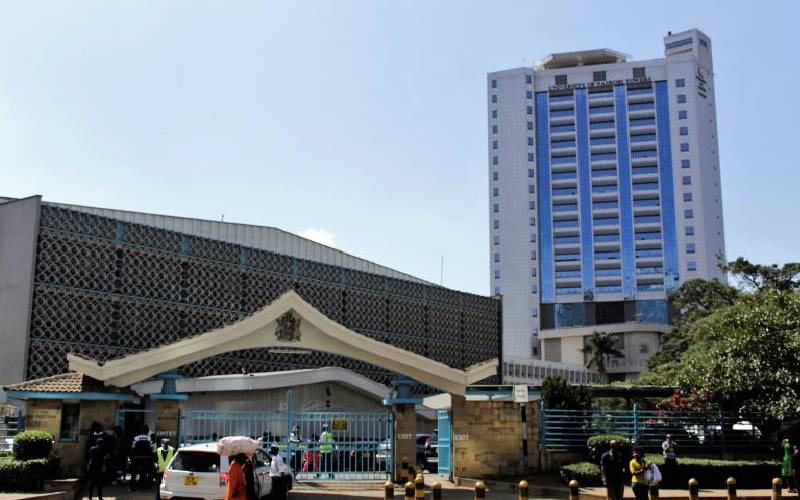×
The Standard e-Paper
Home To Bold Columnists

The fight over management of billions generated by module II students at the University of Nairobi (UoN) now threatens to kill the lucrative parallel programme.
The programme has been a major income-generating venture for the university, with thousands of students admitted to pursue various courses.